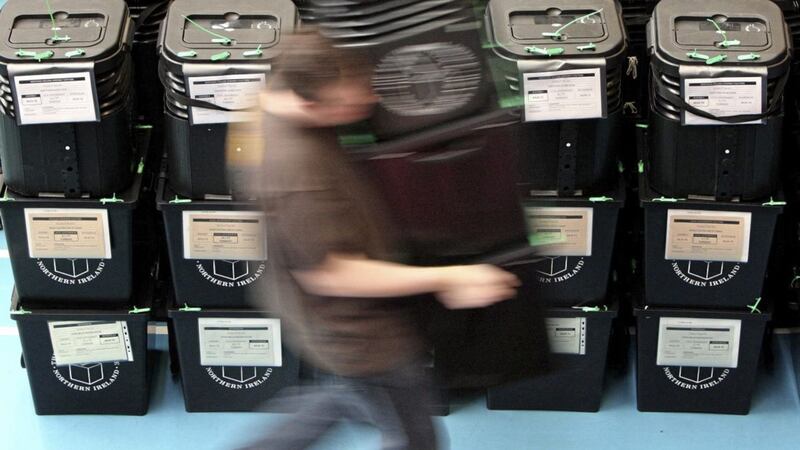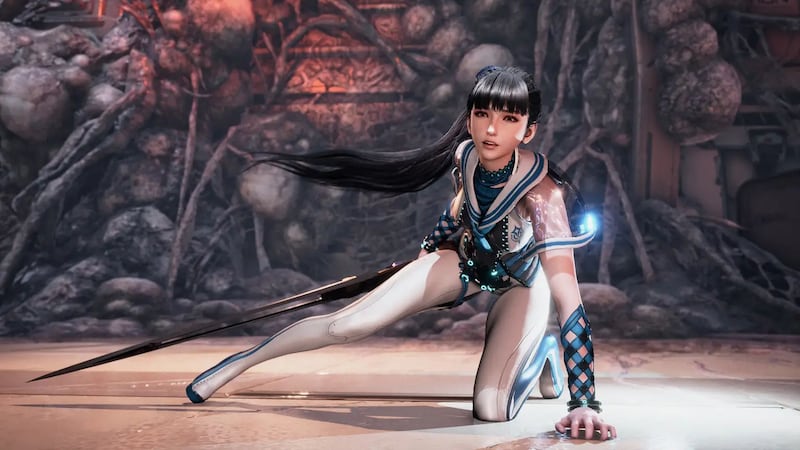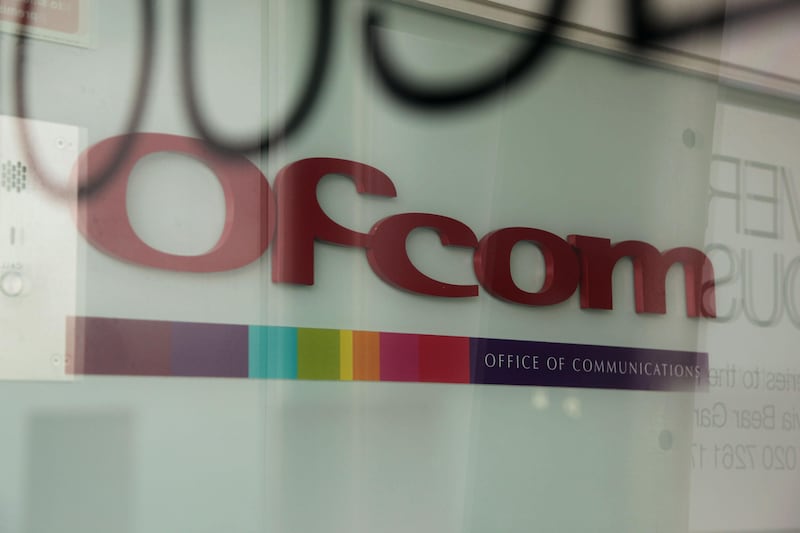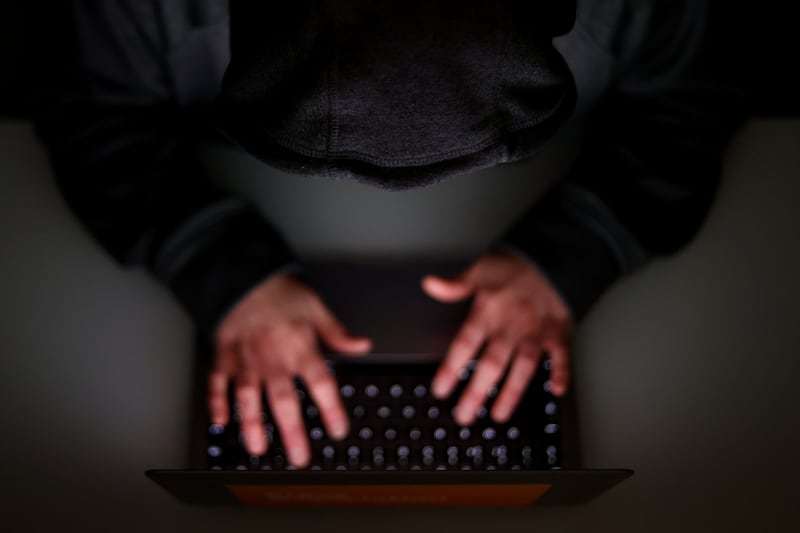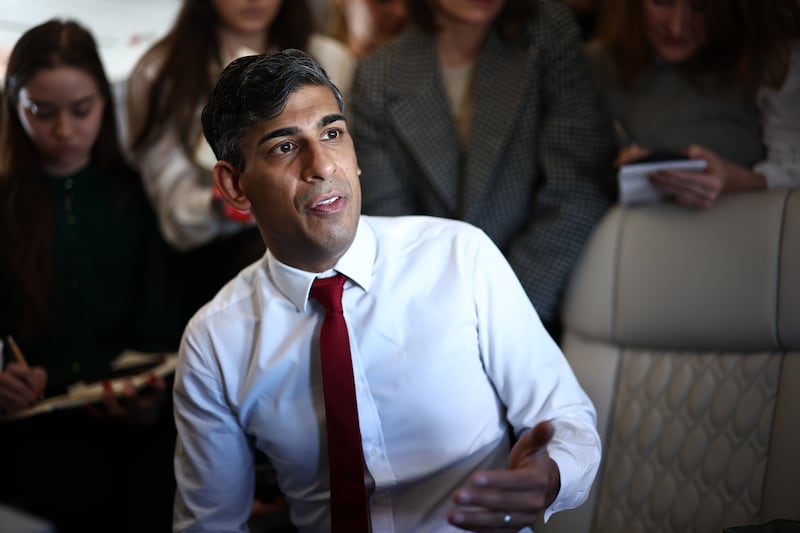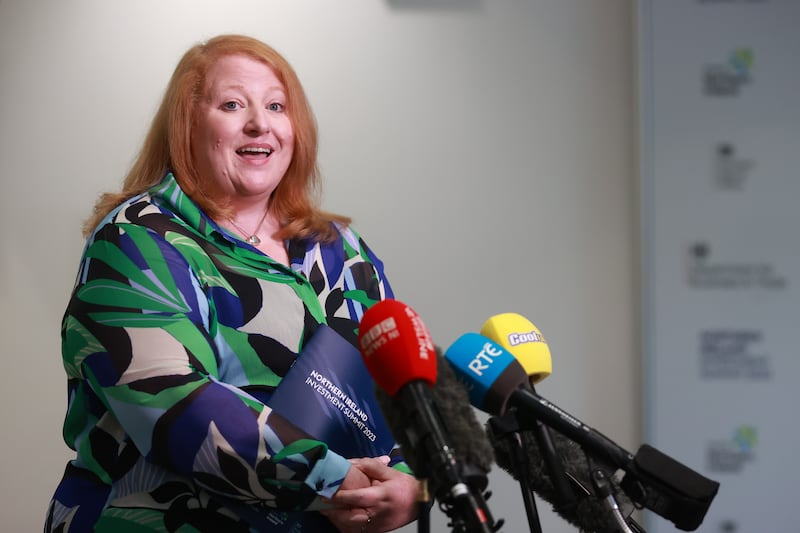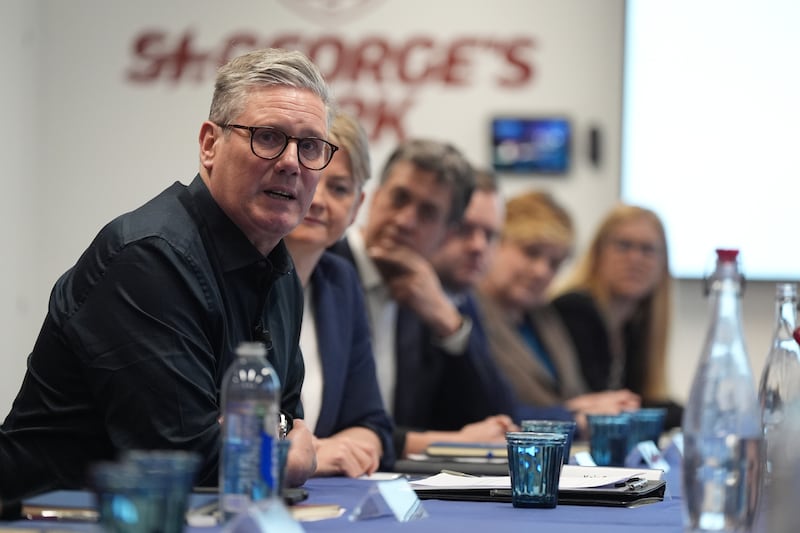THE Catholic bishops in Northern Ireland have appealed to voters to consider prioritising child poverty, the under-pressure health service, education cuts and 'right to life' issues when they go to the polls next week.
They argued that the Christian vocation included the duty "to participate as informed and co-responsible citizens in the democratic process".
"This includes the serious moral duty to weigh up the issues at stake in each election, to carefully consider the position of individual candidates and to vote in the manner which each individual's conscience sincerely discerns will maximise the common good and diminish objective moral evil," they said.
"In our society, more than 100,000 children live in poverty. Schools are experiencing unprecedented financial pressure, with a number planning for significant staff redundancies from September 2017.
"Our hospitals have experienced a challenging winter with increased pressure on committed staff working within a deteriorating infrastructure.
"And we continue to have significant levels of unemployment and low-wage employment."
The Brexit negotiations would be led by the Westminster government and, they observed, will have "a profound impact on the social, economic and political future of this part of Ireland".
"The political and legislative culture of the Westminster Parliament has a significant impact on a wide range of issues to do with the fundamental dignity and right to life of every person, from conception to natural death," they said.
"The Gospel of Life invites every follower of Jesus to work for a world in which the inherent beauty, dignity and integrity of every person, irrespective of their stage or state of life, is fully protected and respected."
The northern bishops - Archbishop of Armagh, Dr Eamon Martin; Bishop of Dromore, Dr John McAreavey; Bishop of Down and Connor, Dr Noel Treanor; and Bishop of Derry, Dr Donal McKeown - along with Monsignor Joseph McGuinness, the Diocesan Administrator of the Diocese of Clogher, suggested a series of questions that voters might ask candidates.
These ranged from 'How will you and your party best develop the employment opportunities and good housing necessary for individuals and families to lead prosperous and fulfilled lives?' and 'How will you and your party achieve a more environmentally sustainable society through effective public transport, the promotion of renewable energy and the reduction of waste food and packaging?' to 'How will you and your party protect and promote the value of every human life from conception until natural death?' and 'Regarding our constitutional status, how will you and your party promote a consensus-led society for all people?'.
They noted that Northern Ireland "desires a credible, stable government".
"If this ambition is to be achieved after the general election, we will need to rebuild trust between people and parties of different political perspectives," they said, appealing to politicians to "reject any divisive language and actions which will hamper the development of a new, more positive political atmosphere after the election".
